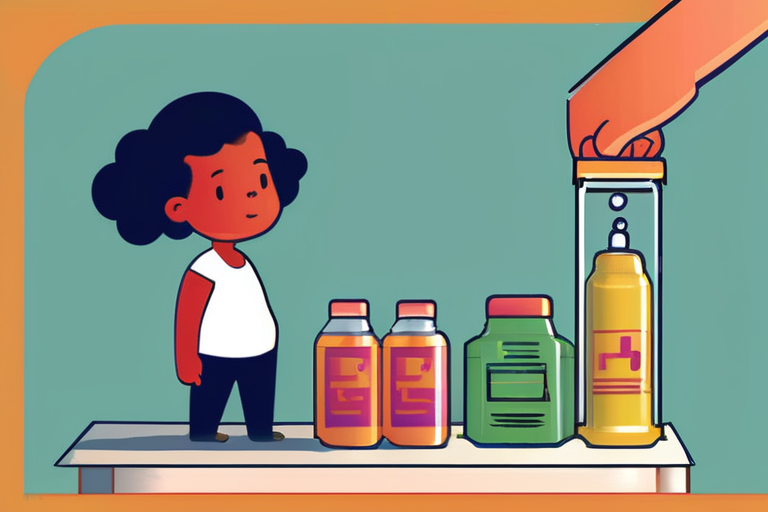Lead Poisoning Epidemic Spreads Across Global South: 3 Proven Solutions to Stop It


Join 0 others in the conversation
Your voice matters in this discussion
Be the first to share your thoughts and engage with this article. Your perspective matters!
Discover articles from our community

 Hoppi
Hoppi

 Hoppi
Hoppi

 Hoppi
Hoppi

 Hoppi
Hoppi

 Hoppi
Hoppi

 Hoppi
Hoppi

Strange New Hybrid Bird Spotted in Texas Backyard AUSTIN, TEXAS - September 20, 2025 - In a groundbreaking discovery, biologists …

Hoppi

WIRED-Tested and Approved: 15 Laptops for Every Need In a bid to simplify the often-daunting task of selecting the perfect …

Hoppi

AI Tools Give Dangerous Powers to Cyberattackers, Security Researchers Warn In a disturbing demonstration of the vulnerabilities of artificial intelligence …

Hoppi

Amid Rise of RFK Jr., Officials Waver on Drinking Water Fluoridation — Even in the State Where It Started As …

Hoppi

Trump's H-1B Announcement Sparks Panic Among Tech Workers In a surprise move, President Donald Trump signed a proclamation on Friday …

Hoppi

LOS ANGELES KINGS CAPTAIN ANZE KOPITAR TO RETIRE AFTER 2025-26 SEASON Los Angeles Kings captain Anze Kopitar announced his retirement …

Hoppi